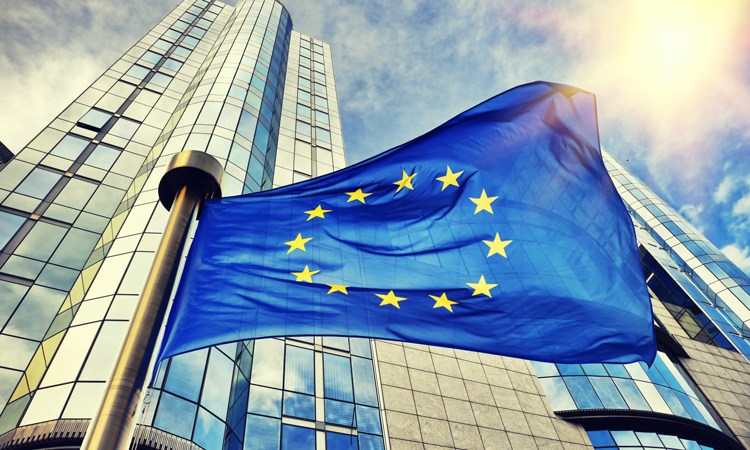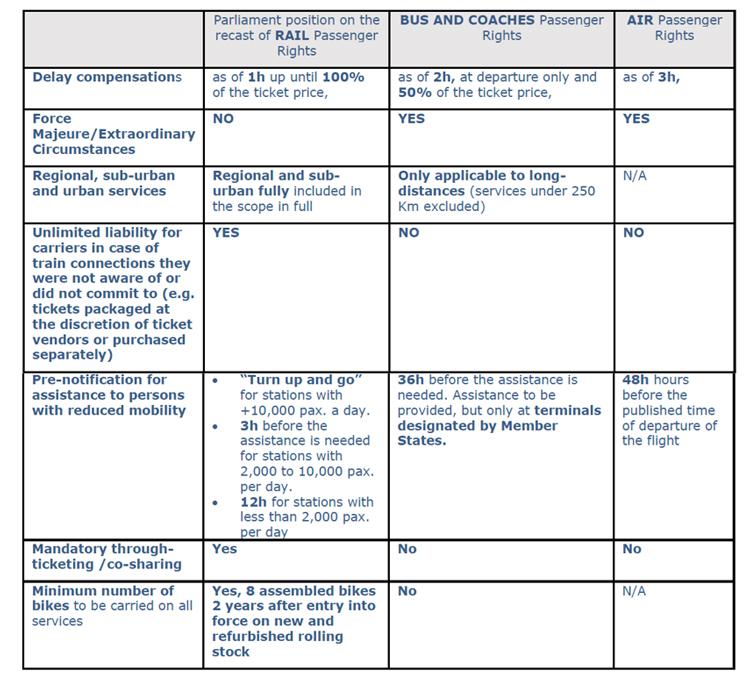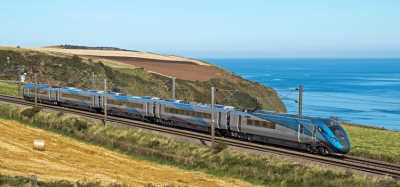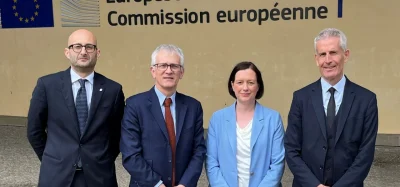EU rules should help railways put passengers first
Posted: 16 November 2018 | Global Railway Review | No comments yet
Regulations from the EU, that the railways then implement, need to be passenger-centric at all times to ensure rail is an attractive mode of transport.


The passenger experience and the cost of tickets are decisive factors when customers pick their transport mode. This is why rail passenger rights not only have to be customer friendly, but enable rail to be affordable and remain competitive.
Most regrettably, the European Parliament position recently adopted in plenary does not take these facts into account.
Railways are constantly striving to ensure all trains and services meet the highest standards to further improve their competitiveness and attract customers, as proved by the growing passenger satisfaction reflected in the recently published Eurobarometer report. Over the last 10 years, railway operators have taken the implementation of Regulation 1371/2007 seriously by investing significant resources into meeting its requirements and speeding up the complaint handling processes.
In parallel, intermodal competition is increasing and the price attractiveness for customers is already much affected by cost-related distortions between rail and other modes. Comparable passenger rights regulations across the different transport modes must be part of the equation but with recent decisions, regrettably, distortions will be even higher (as illustrated in Table 1).


Table 1
As an example, the newly adopted delay compensation thresholds and the deletion of the force majeure principle would alone have an estimated cost for railway companies – and consequently their customers – of approximately €600 million per year. The impact is even bigger taking into account the proposed forced staffing of stations and trains at all times, the forced refurbishment of all existing trains to accommodate eight assembled bikes and the unlimited liability of railway undertakings for tickets packaged and sold at the discretion of ticket vendors.
Rather than benefitting passengers, the adopted text would lead to unwanted consequences including an immediate surge in ticket prices, discontinuation of rail services and/or stops of trains at stations due to the inability to cope with the proposed provisions, and as a result, less travel options for rail customers.
CER Executive Director, Libor Lochman, said: “Despite the recent developments, CER will continue to constructively contribute to the discussions on this file to reach balanced solutions that will allow the railways to continually innovate and better meet the eve-growing expectations of rail customers, in a highly competitive environment.”
Stay Connected with Global Railway Review — Subscribe for Free!
Get exclusive access to the latest rail industry insights from Global Railway Review — all tailored to your interests.
✅ Expert-Led Webinars – Gain insights from global industry leaders
✅ Weekly News & Reports – Rail project updates, thought leadership, and exclusive interviews
✅ Partner Innovations – Discover cutting-edge rail technologies
✅ Print/Digital Magazine – Enjoy two in-depth issues per year, packed with expert content
Choose the updates that matter most to you. Sign up now to stay informed, inspired, and connected — all for free!
Thank you for being part of our community. Let’s keep shaping the future of rail together!
Related topics
Related organisations
Community of European Railway and Infrastructure Companies (CER)








